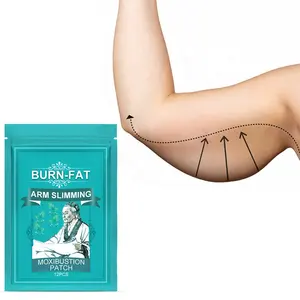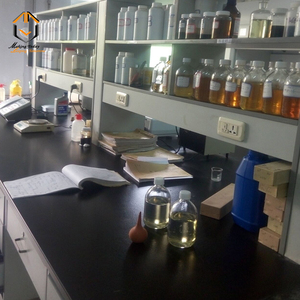Introduction to Slip Lubricant
Slip lubricant is a specially formulated substance designed to provide a smooth and friction-reducing layer between surfaces, facilitating ease of movement and enhancing performance. Whether in mechanical, automotive, or industrial applications, the effectiveness of a slip lubricant can significantly impact operation efficiency and longevity of components. By minimizing wear and tear, slip lubricants play a crucial role in maintaining equipment, ensuring that machinery operates seamlessly under various conditions.
Types of Slip Lubricant
- Water-based Slip Lubricants: These are eco-friendly options often used in applications where a clean and less hazardous lubricant is required. Ideal for light-duty uses, they are easy to wash off.
- Oil-based Slip Lubricants: Known for providing heavy-duty lubrication, oil-based options are suited for high-pressure scenarios. They offer excellent adherence and long-lasting effects.
- Graphite-based Slip Lubricants: These lubricants excel in high-temperature applications due to their ability to withstand extreme conditions without breaking down.
- Synthetic Slip Lubricants: Engineered for superior performance, synthetic lubricants are designed to offer outstanding stability, protective properties, and versatility across various environments.
Applications of Slip Lubricant
- Automotive Industry: Slip lubricants are extensively used to reduce friction between moving parts in engines, transmissions, and other mechanical systems, enhancing performance and longevity.
- Industrial Machinery: Heavy machinery often operates under significant stress; slip lubricants help minimize wear and maintain efficiency in production processes.
- Home Appliances: From door hinges to sliding mechanisms, slip lubricants help maintain smooth operation of appliances, preventing squeaks and jams.
- Construction Equipment: Slip lubricants are critical in ensuring that construction machinery operates reliably under rugged conditions, thus improving safety and efficiency on-site.
Advantages of Slip Lubricant
- Enhanced Performance: The primary advantage of using slip lubricant is the reduction of friction, which ensures optimal performance of mechanical parts.
- Increased Lifespan: By minimizing wear, slip lubricants prolong the life of machinery and equipment, reducing replacement costs and downtime.
- Versatility: Available in various forms and formulations, slip lubricants can be tailored to meet the specific requirements of different applications.
- Protection Against Corrosion: Many slip lubricants include additives that prevent rust and corrosion, safeguarding sensitive parts in harsh environments.
- Environmental Compliance: Water-based and bio-friendly slip lubricants help companies meet environmental regulations without sacrificing performance.



























































































































































































































 浙公网安备 33010002000092号
浙公网安备 33010002000092号 浙B2-20120091-4
浙B2-20120091-4